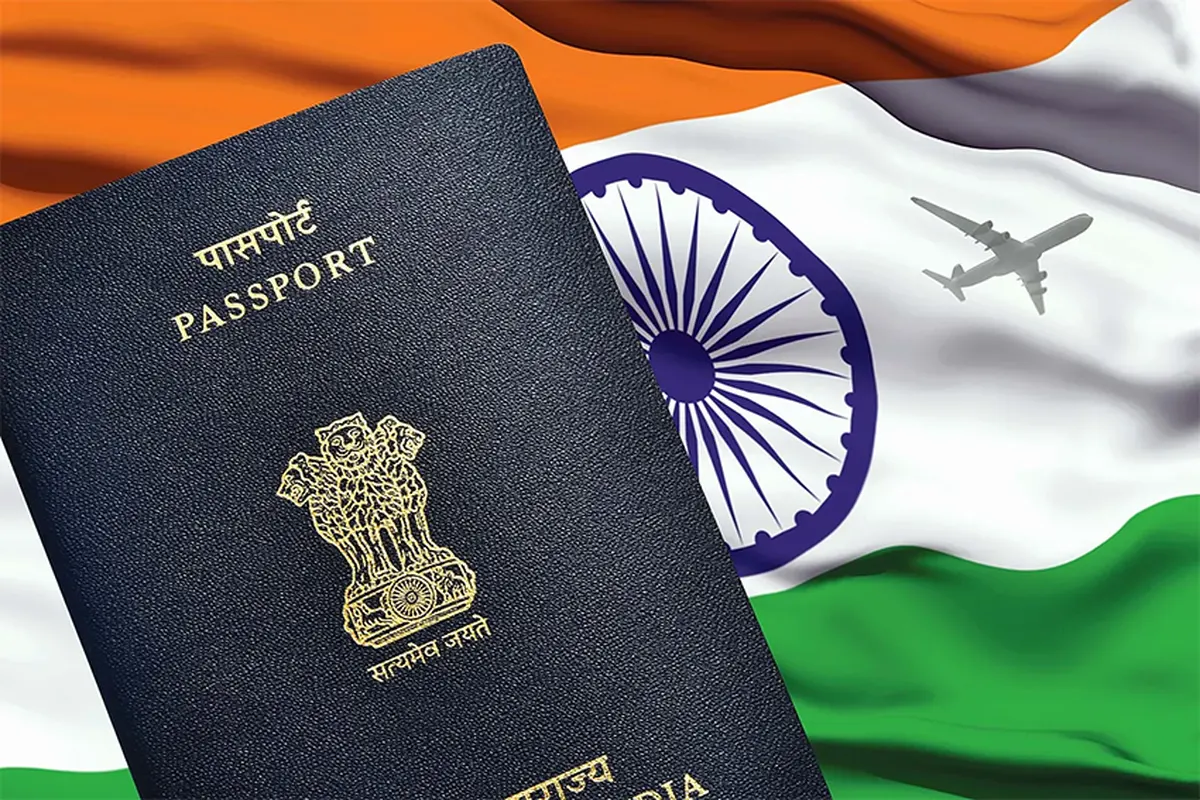26/07/2025
26/07/2025

NEW DELHI, July 26: More than 206,000 Indians gave up their citizenship in 2024, the Indian government revealed this week—slightly lower than the figures recorded in the two years prior, but still significantly higher than pre-pandemic levels.
The data, released by the Ministry of External Affairs in response to a question raised in the Rajya Sabha, shows that
Year and Number of Indians Renouncing Citizenship
- Year 2011 - 122,819
- Year 2012 - 120,923
- Year 2013 - 13,405
- Year 2014 - 129,328
- Year 2015 - 131,489
- Year 2016 - 141,603
- Year 2017 - 133,049
- Year 2018 - 134,561
- Year 2019 - 1,44,017
- Year 2020 - 85,256
- Year 2021 - 1,63,370
- Year 2022 - 2,25,620
- Year 2023 - 2,16,219
- Year 2024 - 2,06,378
Despite media speculation about increasing disillusionment or mass migration, officials clarified that the pattern of renunciation has fluctuated year by year, rather than showing a steady increase.
How to Renounce Indian Citizenship
The Ministry also explained the official process for giving up Indian citizenship. Applicants must first apply via the government portal https://www.indiancitizenshiponline.nic.in, after which their original Indian passport and other documentation undergo verification.
These documents are then forwarded to the relevant government departments for review, with feedback required within 30 days. Once the declaration is verified, a renunciation certificate is approved online, typically one month after the application is acknowledged.
The process, officials said, ensures that every renunciation is properly vetted before citizenship is formally surrendered.
Reasons For Acquiring Foreign Citizenship
Primary Reason: India does not allow dual citizenship. Indians must renounce their Indian citizenship if they want to become naturalized citizens of another country (e.g., USA, Canada, Australia, UK, etc.). Most renunciations happen after long-term residents abroad opt for local citizenship for better job prospects, social security, or permanent residency benefits.
Better Economic and Career Opportunities Abroad
Many Indians, especially skilled professionals (IT, healthcare, finance), seek higher salaries, better work-life balance, and career growth overseas.
Foreign citizenship opens doors to government jobs, voting rights, and entrepreneurial incentives not available to foreign nationals.
Access to Global Mobility
Indian passport holders face visa restrictions for many countries.
Foreign citizenship, especially from countries like the USA, Canada, Germany, or Australia, offers visa-free or visa-on-arrival access to over 180 countries, dramatically increasing global travel freedom.
Educational Benefits for Children
Many parents renounce Indian citizenship to secure citizenship for their children in the country of residence.
This helps children access local tuition fees, scholarships, and easier admissions in foreign universities.
Political or Personal Freedom
Some cite dissatisfaction with India’s political environment, freedom of speech concerns, or a desire for a more liberal social climate. Issues like rising communal tensions, restrictive laws, or bureaucratic red tape contribute to disenchantment for some NRIs.
Tax and Financial Benefits
Certain countries offer favorable tax regimes, public healthcare, and social welfare programs not accessible to non-citizens. Owning property, starting a business, or accessing pensions can become easier with citizenship.
Marriage and Family Reunification
Marriage to a foreign citizen is another common reason. Citizenship makes spousal sponsorships, family reunification, and legal status adjustments easier and faster.
Long-Term Integration Abroad
Some Indians who’ve lived abroad for 10–20+ years feel fully integrated into their adopted countries and want to align their legal status with their lifestyle.
A large number of Indians renouncing citizenship are from states with high rates of overseas migration, such as:
Kerala
Punjab
Uttar Pradesh
Maharashtra
Tamil Nadu
Haryana
States like Kerala and Punjab have historically had significant populations moving abroad for work, especially to the Gulf countries, Europe, Canada, and the US.
Top Countries Indians Migrate to After Renouncing Indian Citizenship
- United States - Many Indians seek US citizenship for better job prospects, education, and family reunification
- Canada - Offers high-quality education, healthcare, and permanent residency pathways leading to citizenship
- United Kingdom - Large existing Indian diaspora and attractive for work, study, and family connections
- Australia - Popular among skilled professionals, students, and families. Known for its quality of life and work opportunities
- Gulf Countries (UAE, Saudi Arabia) - With recent changes in acquiring properties huge number of Indian citizens are investing in properties and are all set to say goodbye. Although these countries generally do not offer citizenship easily, some Indians migrate here long-term for work.
- New Zealand - Increasingly popular for skilled migrants due to relaxed immigration policies and quality of life
- European Countries (Germany, Netherlands, France) - Growing destinations for Indian IT professionals and students. Offer citizenship after long-term residence


